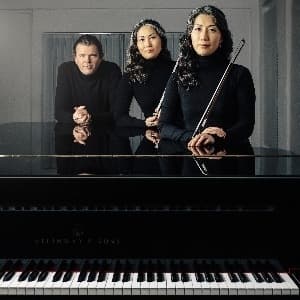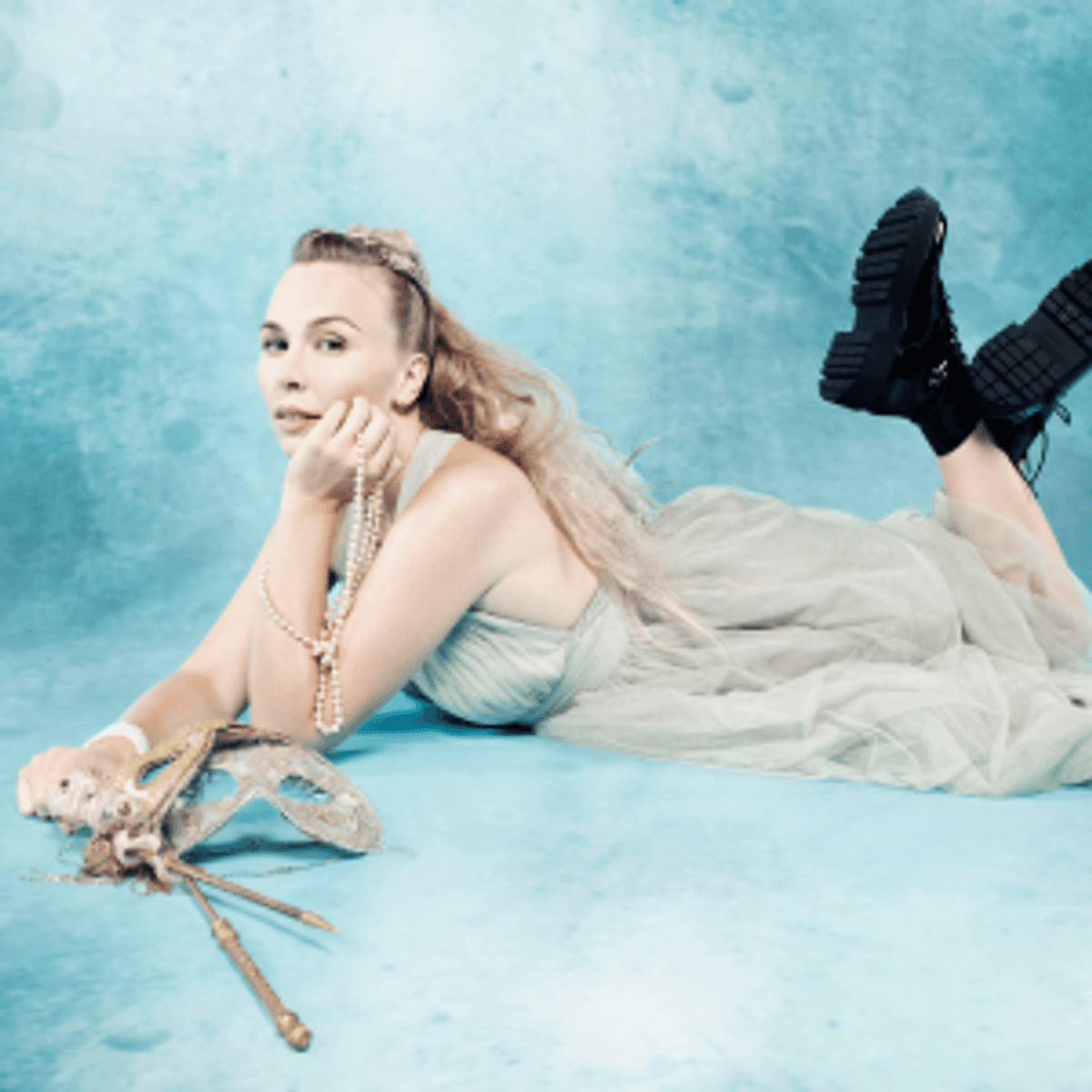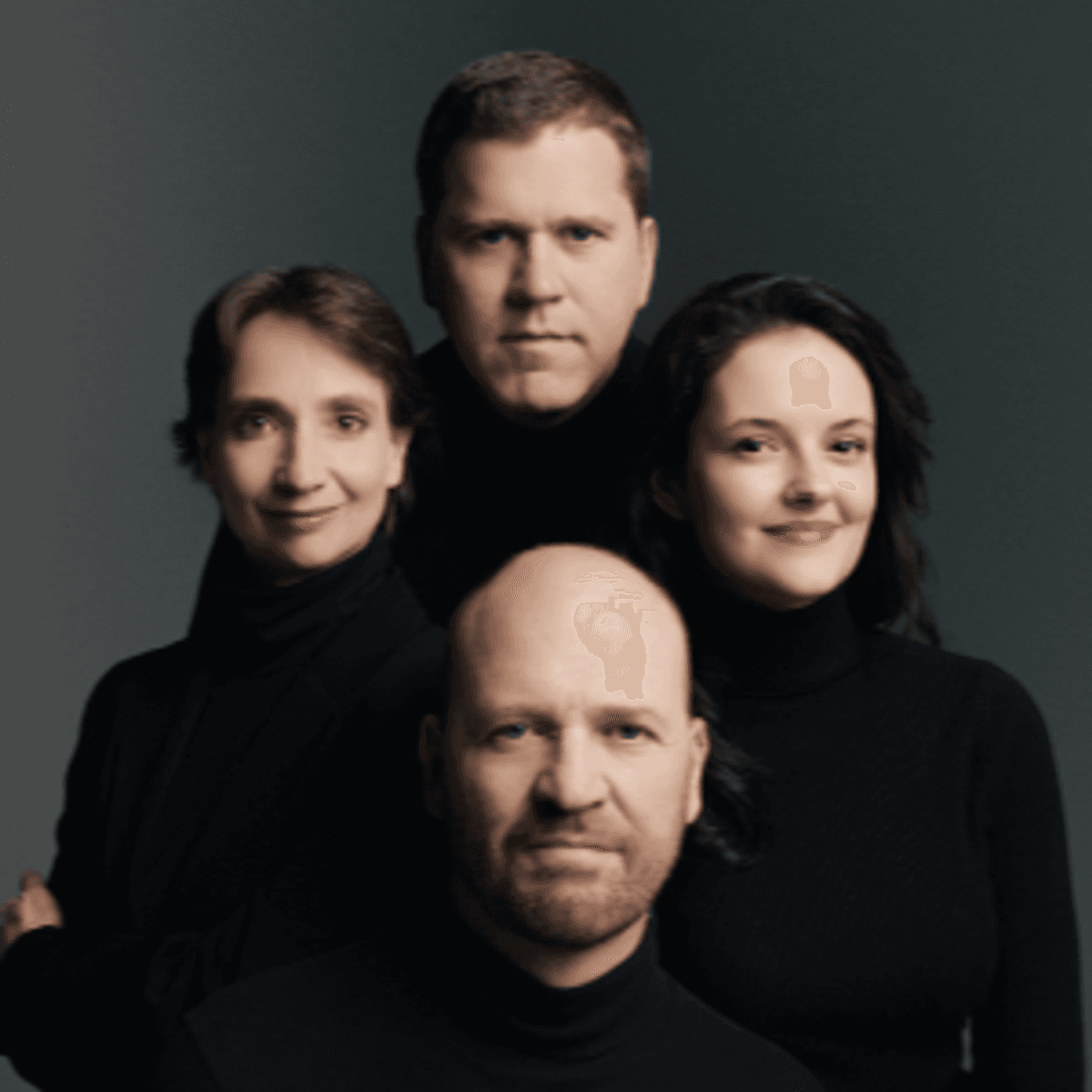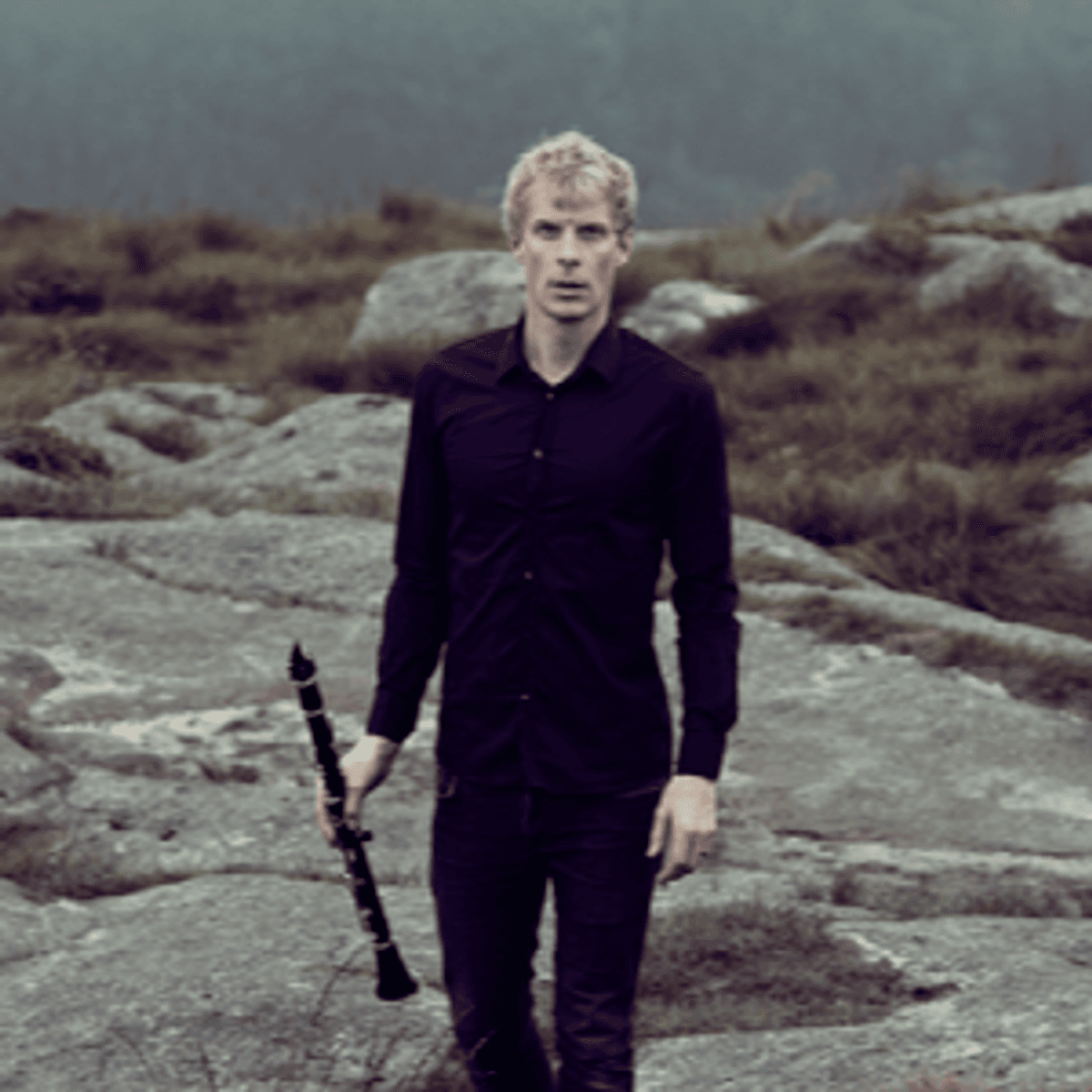CLASSICAL CONCERTS SPRING SEASON 2026
SPRING SEASON 2026
During our spring season, no fewer than two Sonning Prize recipients will be visiting: the soprano Barbara Hannigan in a modernist programme with string quartet, and the pianist Pierre-Laurent Aimard, who pairs piano works by Ludwig van Beethoven with 20th-century pieces that experiment with both form and tonality.
The season also offers something rather out of the ordinary: a solo evening of harpsichord music with a truly exceptional young musician who, with his rock-star attitude, has become a global ambassador for his instrument — the harpsichordist Jean Rondeau. There will also be an evening devoted to wind music featuring the principal oboist of the Berlin Philharmonic, Albrecht Mayer, presenting an all-French programme in a trio with bassoon and piano.
A very warm welcome to our forthcoming season.

2 March 2026 - 4 May 2026
PARTOUTKORT FORÅR 2026

2 March 2026
Albrecht Mayer, Theo Plath & Fabian Müller
%2520MarcoBorggreve.jpg&w=3840&q=75)
22 March 2026
Barbara Hannigan og Belcea Quartet

29 March 2026
Mogens Dahl Kammerkor / Arvo Pärt: Passio

16 April 2026
Jean Rondeau, cembalo

4 May 2026
Pierre-Laurent Aimard, klaver

31 January 2026
JUBILÆUMSKONCERT #4

30 January 2026
JUBILÆUMSKONCERT #3

28 January 2026
JUBILÆUMSKONCERT #2

27 January 2026
JUBILÆUMSKONCERT #1

27 January 2026 - 31 January 2026
JUBILÆUMSBILLET TIL FIRE KONCERTER

27 January 2026 - 31 January 2026
JUBILÆUMSMENUER

13 December 2025
G.F. Händel Messiah

12 December 2025
G.F. Händel Messiah

16 November 2025
Mao Fujita

4 November 2025
Sabine Meyer, Nils Mönkemeyer & William Youn

2 November 2025
All Saints' Concert

12 October 2025
Quatuor Ébène

29 September 2025
Marianna Shirinyan & Torleif Thedéen

21 September 2025
Closing Concert of the Golden Days Festival
If you have any questions about tickets or ticket purchases, you can contact United Tickets for support here.

THE PERFECT IDEA FOR A GIFT
Looking for the perfect gift? Give a gift voucher for a concert of choice at Mogens Dahl Concert Hall. You can select from various amounts.

DON'T MISS A THING
Get access to all concerts throughout the entire season. Purchase a season pass for Mogens Dahl Concert Hall - ensuring you won't miss a single musical experience.
Previous events

4 May 2025
Elsa Dreisig, soprano; Jonathan Ware, piano & Niko

8 April 2025
Cuarteto Casals - Noche española (Spanish night)

19 March 2025
The Danish String Quartet

18 February 2025
Fabian Müller, piano

31 January 2025
MOGENS DAHL CHAMBER CHOIR - The Coral of Light

27 January 2025
